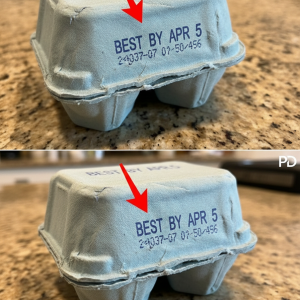The 40-day federal government shutdown, the longest in U.S. history, exposed deep divisions among Senate Democrats after eight members joined Republicans to move forward with a deal opposed by Minority Leader Chuck Schumer. The agreement reopened the government but excluded Democrats’ key demand—extending Affordable Care Act tax credits set to expire in January. The result intensified frustration toward Schumer, who critics say failed to keep his caucus unified and to secure healthcare protections for millions of Americans.
Schumer’s leadership has faced growing scrutiny throughout the year, particularly after earlier compromises with Republican negotiators on funding measures. The latest deal reignited accusations that he concedes too readily and has lost credibility with progressives ahead of the midterms. Party figures including Governor Gavin Newsom, Representatives Ro Khanna and Alexandria Ocasio-Cortez, and Seth Moulton voiced dissatisfaction, with some calling for new leadership. They argued that Democrats should have “held the line” to preserve affordable healthcare and demonstrate stronger resolve in negotiations.
Political analysts and activists echoed the backlash, describing Schumer’s tactics as disorganized and ineffective. Commentators noted that allowing retiring senators to support the deal while others opposed it appeared politically manipulative. Senator Bernie Sanders warned that failing to defend the ACA could embolden anti-democratic movements and signal weakness to opponents. The episode underscores the Democratic Party’s internal struggle over strategy and leadership as it prepares for the 2026 elections.





